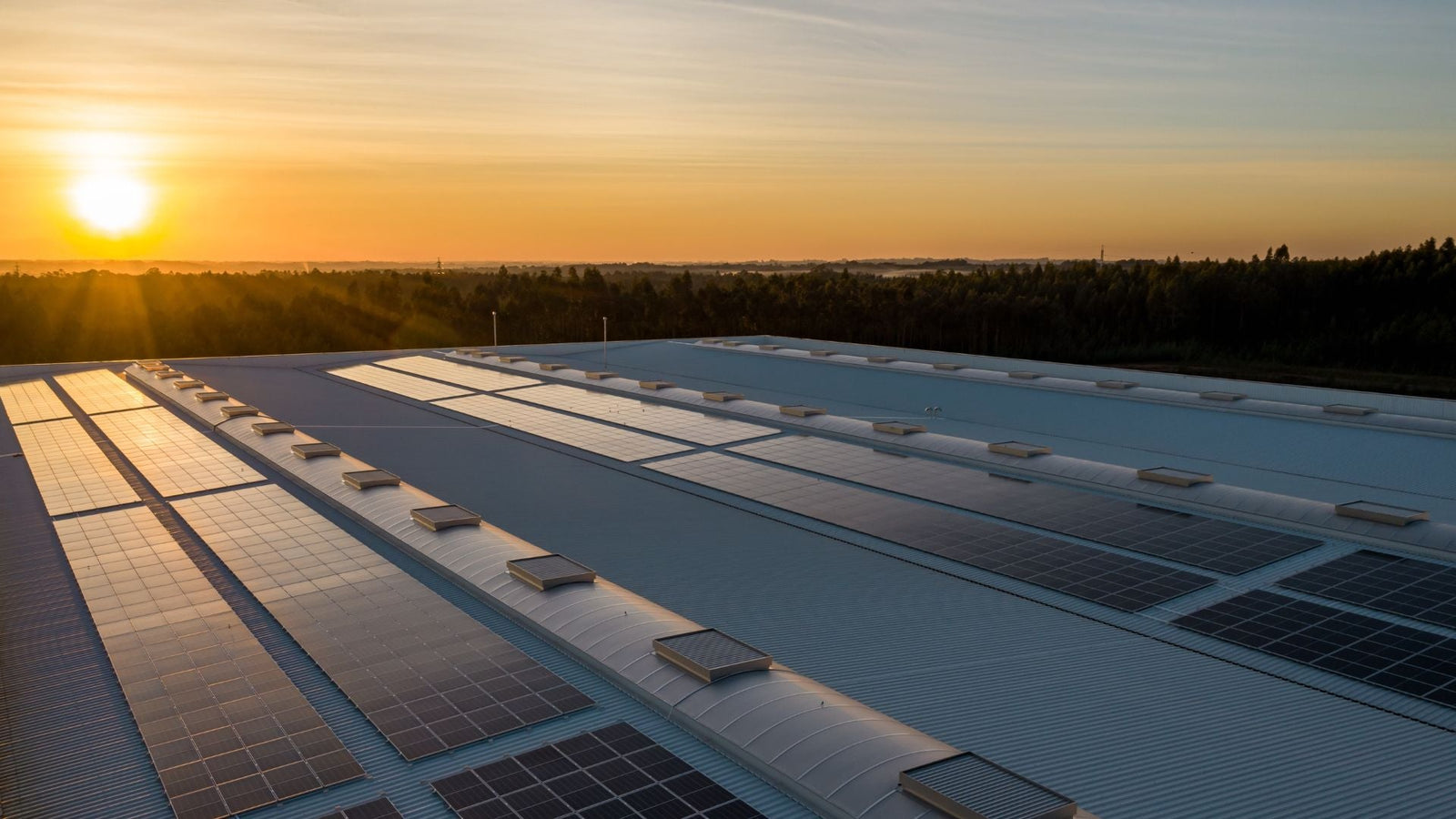In an era where sustainable energy is a top priority, harnessing the power of the sun through solar panels has become a popular choice for homeowners in the US. Solar panels not only help reduce your carbon footprint but also offer significant savings on energy bills over time. However, with the multitude of options available, choosing the right solar panel for your home can be overwhelming. In this comprehensive guide, we will walk you through the process of selecting the perfect solar panel for your US home, taking into account factors like efficiency, installation, and flexibility.
Understanding Solar Panels
Solar panels, also known as photovoltaic (PV) panels, are devices that convert sunlight into electricity. They are made up of multiple solar cells that capture sunlight and convert it into direct current (DC) electricity. An inverter then converts the DC electricity into alternating current (AC), which is used to power your home.
Solar panels offer several advantages, including:
- Clean and Renewable Energy: Solar energy is a clean and renewable source of power, reducing your carbon footprint.
- Energy Savings: Solar panels can significantly lower your energy bills by generating electricity from the sun.
- Energy Independence: Solar panels give you greater control over your energy production and consumption.
- Increased Home Value: Homes with solar panels often have higher resale values.
Now, let's delve into the factors you should consider when choosing solar panels for your US home.
Factors to Consider When Choosing Solar Panels
- Efficiency: Solar panel efficiency is a critical factor. Higher efficiency panels convert more sunlight into electricity, which means you'll need fewer panels to generate the same amount of power.
- Type of Solar Panel: There are several types of solar panels, including monocrystalline, polycrystalline, and thin-film. Each has its own advantages and disadvantages in terms of efficiency and cost.
- Cost: Consider your budget and the return on investment. While high-efficiency panels may cost more upfront, they can save you more money in the long run.
- Location and Sunlight: Assess the amount of sunlight your location receives to determine how many panels you'll need for optimal energy production.
- Warranty: Check the manufacturer's warranty for the panels. A longer warranty period can provide peace of mind regarding the longevity of your investment.
- Aesthetics: Some homeowners prefer solar panels that blend seamlessly with their roof's appearance, so consider the aesthetics of the panels.
Types of Solar Panels
There are three main types of solar panels:
- Monocrystalline Solar Panels: Known for their high efficiency, monocrystalline panels are made from a single crystal structure and are space-efficient.
- Polycrystalline Solar Panels: These panels are less expensive but slightly less efficient than monocrystalline panels. They are made from multiple crystal structures.
- Thin-Film Solar Panels: Thin-film panels are lightweight and less efficient but are flexible and suitable for specific installations.
Rocksolar's Solar Panel Collection
Rocksolar offers a diverse collection of solar panels designed to meet the needs of homeowners in the US. Some of our top offerings include:
- Rocksolar 15W 12V Flexible Monocrystalline Solar Panel
- Rocksolar 30W 12V Flexible Monocrystalline Solar Panel
- Rocksolar 50W 12V Rigid Monocrystalline Solar Panel

Explore our complete collection of Solar Panels to find the ideal option for your US home.
Solar Panel Installation
Solar panel installation is a crucial step in the process. It's essential to hire a professional installer who can assess your roof's condition, ensure proper placement, and connect the panels to your home's electrical system. Proper installation maximizes energy production and ensures safety.
Solar Panel Maintenance
Solar panels are relatively low-maintenance, but it's essential to keep them clean and free of debris. Regular inspections and cleaning can help maintain their efficiency.
Conclusion
Selecting the right solar panel for your US home is a significant decision that can bring long-term energy savings and environmental benefits. Consider factors like efficiency, type of panel, cost, location, warranty, and aesthetics to make an informed choice. With Rocksolar's diverse collection of solar panels, you can find the perfect solution to harness the power of the sun and enjoy sustainable energy for years to come.
